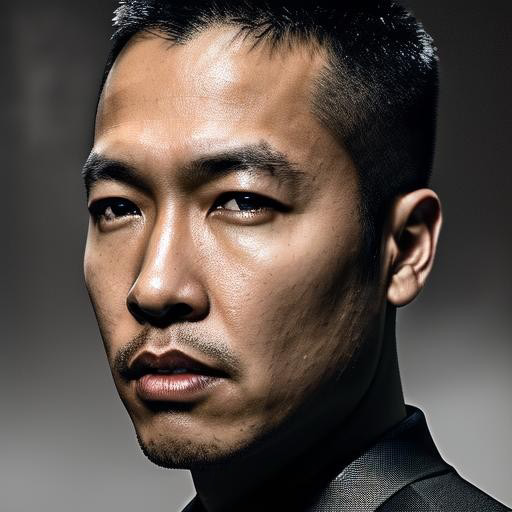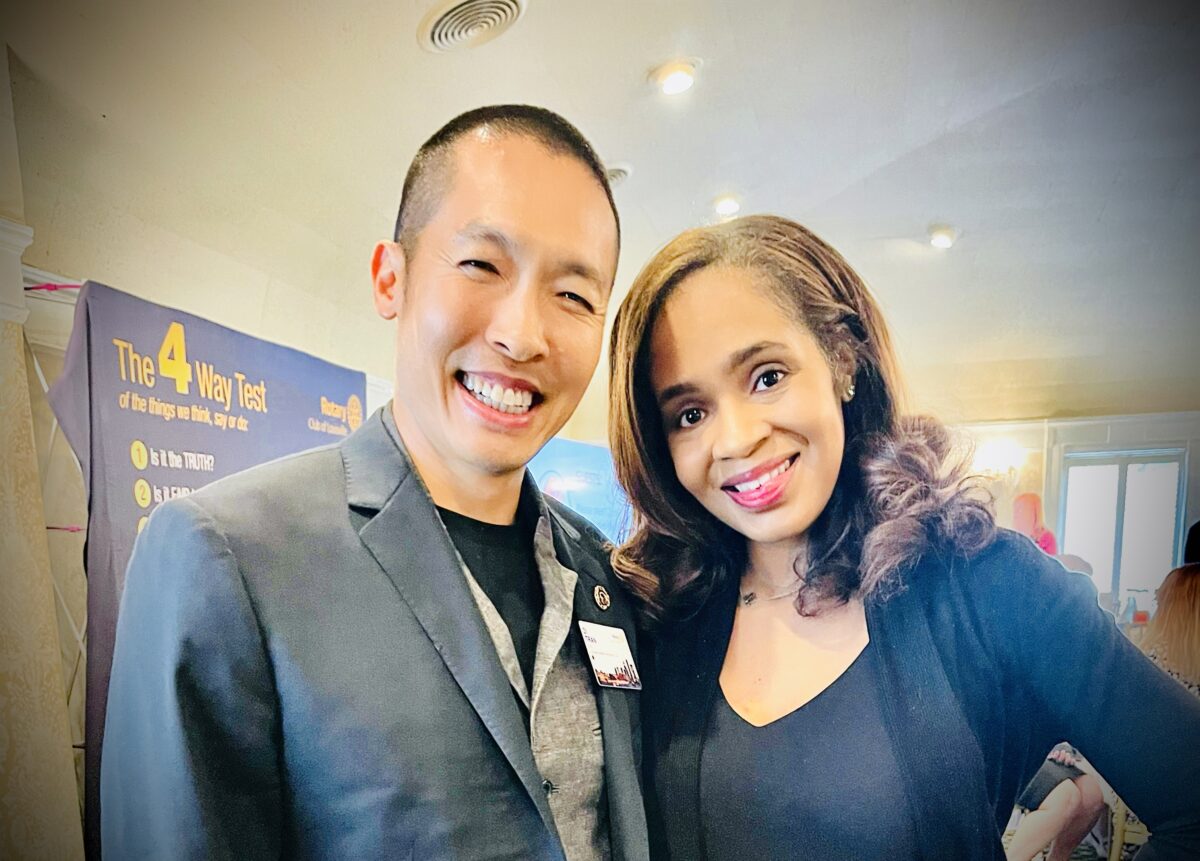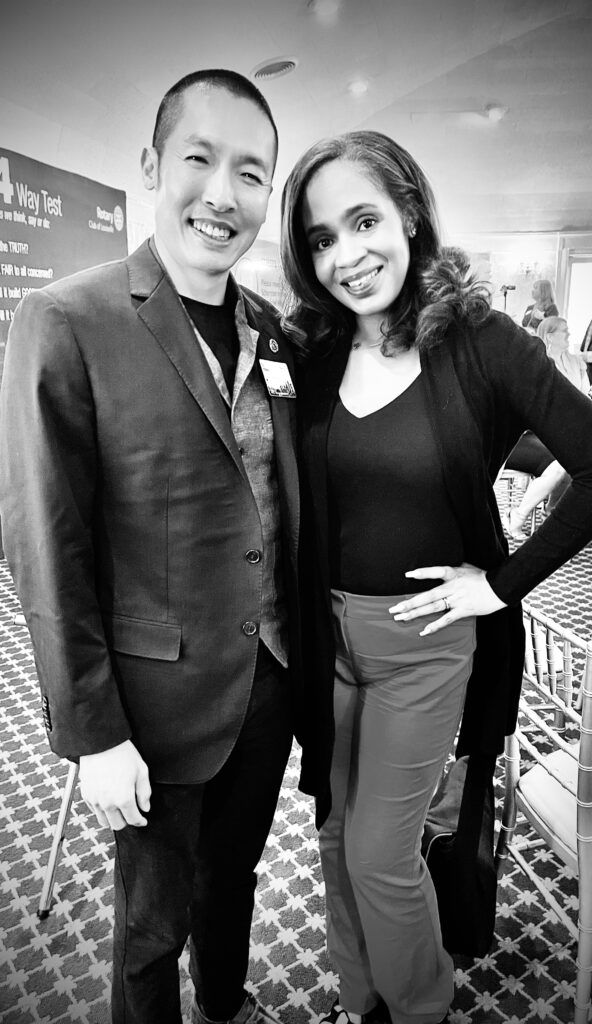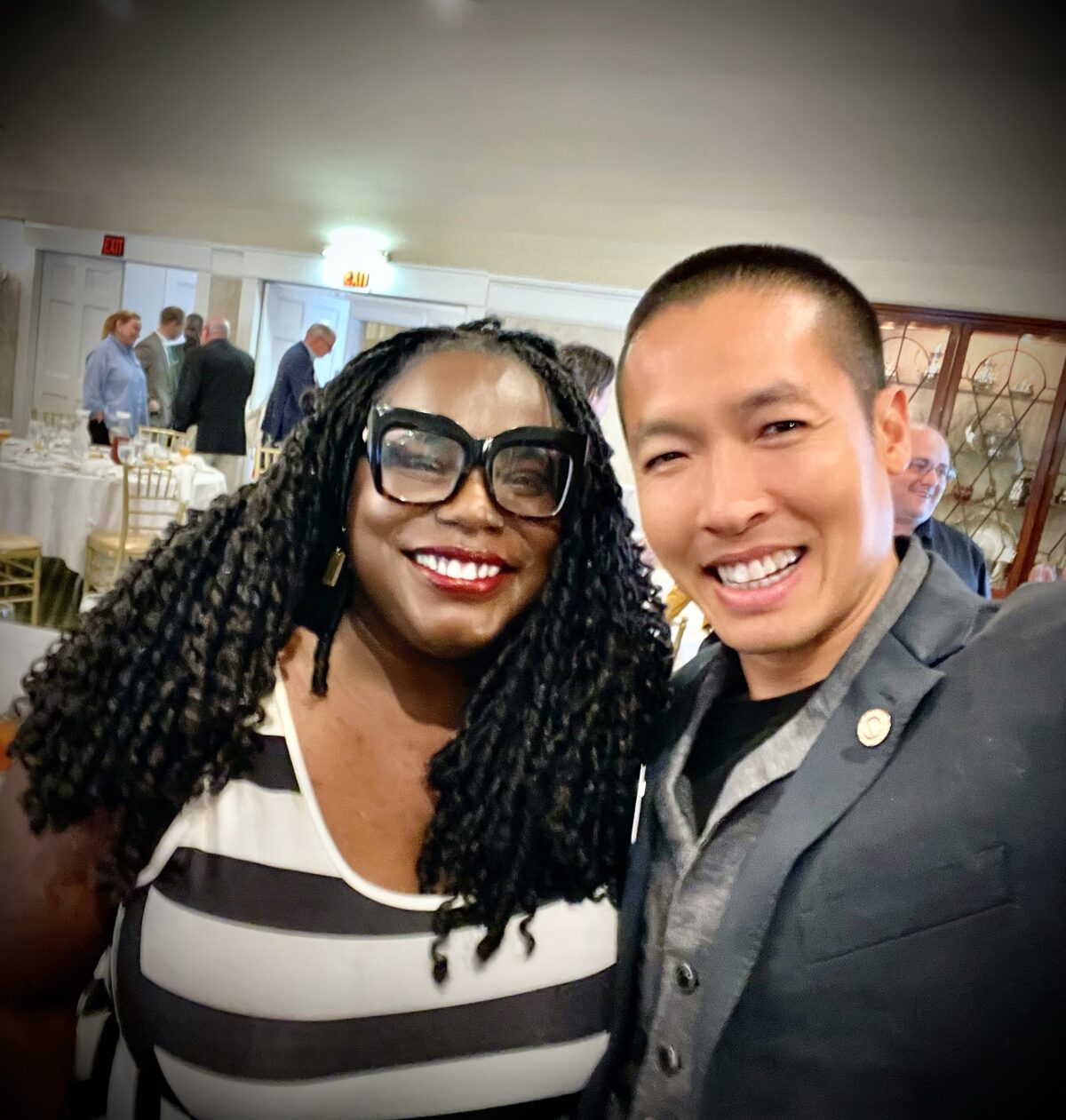For Di Tran, author of “Drop the ME and Focus on the OTHERS,” and his wife, Vy Truong, their journey of cultural preservation and familial bonding begins in a vibrant and fragrant venue – their kitchen. It is here that they engage in a tradition that is as colorful as the culture from which it stems – preparing Vietnamese sticky rice.

Di Tran, a passionate writer who encourages shifting the focus from self to others, uses this culinary tradition as a platform to weave lessons of selflessness and consideration into his family’s routine. As Tran and Truong mold their family life, the sticky rice serves as a canvas, vividly illustrating their shared cultural heritage and values.
The process commences with their sons focusing on their homework, embodying Tran’s belief in the significance of diligence and commitment. The moment their work is complete, the air seems to fill with anticipation. The boys approach their mother with earnest faces, their request for the beloved sticky rice sweetened with three to five gentle kisses, underlining the importance of expressing love and affection.

The act of cooking Vietnamese sticky rice, or “xoi ngot,” is a cultural performance. A delicacy known for its radiant hues, sticky rice is a metaphorical feast of Vietnamese history and tradition. As the Tran-Truong family gathers to create this dish, they are immersed in a spectrum of colors that tell the vibrant story of their heritage.
In Vietnamese culture, each shade of the sticky rice holds a symbolic meaning. The green rice, tinted by the juice of pandan leaves, represents a fresh start and growth. Yellow, achieved through the use of turmeric, signifies wealth and success. Red, a color infused by gac fruit, is a symbol of love and passion. Through these colors, Di and Vy not only cook a dish but also depict a narrative of their roots.

In the Tran-Truong kitchen, the sticky rice’s preparation is an immersive family affair. Vy, a seasoned home cook, instructs her sons on the nuances of this traditional dish. She guides them through selecting the rice, soaking, and finally, steaming it. She then shares the unique process of naturally coloring the rice, revealing the botanical secrets behind the green, yellow, and red hues.
In these shared moments, the children do not merely learn to prepare a dish; they connect with their culture on a deeper level. The lesson surpasses culinary skills; it’s a vivid illustration of their heritage, an education in patience and precision, and a reminder of the value of hard work and love.
Once prepared, the multicolored sticky rice is not just a meal—it’s a cultural tapestry woven with ingredients that narrate tales of Vietnamese history and traditions. Every mouthful serves as a flavorful reminder of their ancestry, a testament to the richness of their heritage.
In their quest to sustain their culture, Di Tran and Vy Truong are nurturing their children’s understanding of their roots, integrating it with lessons in hard work, family love, and respect for one’s heritage. The sticky rice tradition in their household is a tangible, tasteful, colorful connection to Vietnam.

This practice is more than cooking; it is a heartfelt act of cultural preservation, an effort to instill their cherished values in their children. It is a generational gift from the heart of Vietnam, shared over dinner, passed from one generation to the next, ensuring the richness of their heritage remains a vibrant part of their family’s narrative.

















